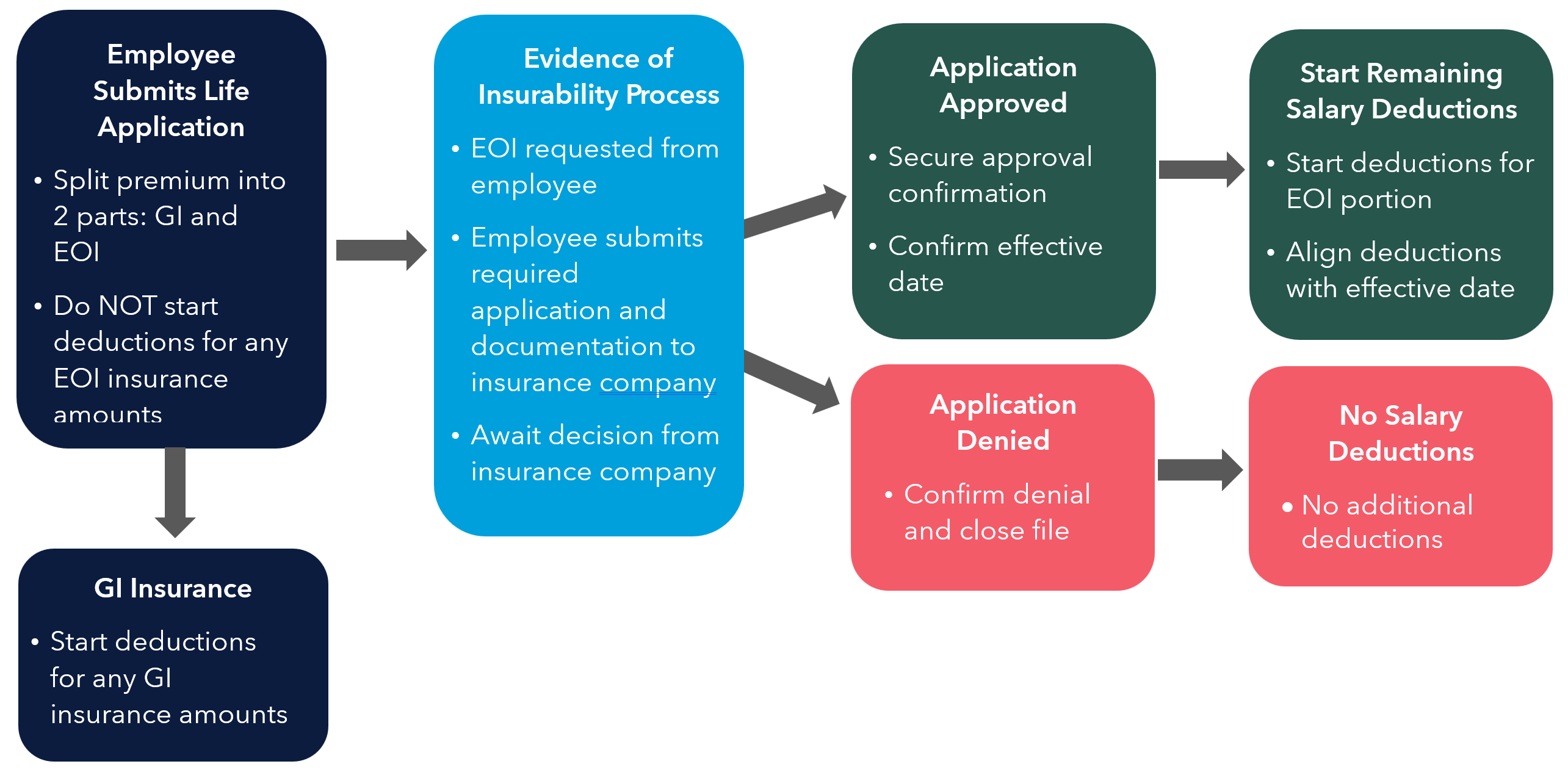Overcoming Administration Challenges of Voluntary Life Benefits
By Vita on November 6, 2023

Several years ago, the Department of Labor (DOL) investigated Prudential Life Insurance Company's practices involving voluntary, supplemental group life insurance coverage. The issue was that premiums were paid by plan participants (via salary reduction) for extended periods of time, but after participants died, claims were denied on the grounds that the participants failed to provide evidence of insurability at the time they applied for the insurance.
Parallel investigations found that other life insurers also engaged in similar practices. The marketplace reality is that, absent this recent spotlight on these issues, many insurance companies have been guilty of varying degrees of sloppiness in syncing payroll deductions with underwriting approvals.
Settlement
In the settlement agreement, Prudential agreed to revise this practice and ensure that beneficiaries are not harmed in the event employers fail to verify that participants' evidence of insurability was approved prior to collecting premiums. The specifics of the settlement prohibit Prudential from denying a beneficiary's claim based on the lack of evidence of insurability when premiums were collected for more than three (3) months. In addition, formerly denied claims based on lack of evidence of insurability have been reprocessed.
Forward Guidance to All Insurance Companies
The DOL encouraged all insurers to examine their practices to ensure they are not engaged in similar conduct. Practically, it's more correct to say the DOL issued a stern warning as they are greatly concerned about protecting participants and curtailing these types of practices.
Roadmap for Employers
This activity signals the DOL's clear interest in protecting beneficiaries and presents an outline of DOL expectations for insurers and plan sponsors/employers in their administration of voluntary life insurance benefits.
Importantly, what is at issue here is not that insurance companies have the right to deny applications for supplemental, voluntary life insurance (if a participant does not pass the insurability requirements). Rather, it is a problem when employees perceive that they have insurance (because they are paying premiums via salary deductions), but their coverage is not really in force because their evidence of insurance documentation was not submitted.
The Often-Missed Step: Split Salary Deductions Into Two Parts
Historically, errors were made by simply starting premium salary deductions for the entire life insurance benefit and the employer forwarding the full premium to the insurance company rather than withholding and forwarding just the premium amount due for the Guaranteed Issue (GI) benefit level. This simple administrative error created a disparity in how much insurance an employee was paying for - and believed they owned - vs. how much had been approved by the insurance company.
The lesson for employers administering voluntary life insurance plans is that salary deductions must be split into two parts:
- The premium/salary deduction associated with any Guaranteed Issue (GI) insurance coverage, and
- The premium/salary deduction associated with any coverage that requires Evidence of Insurability (EOI). The following graphic illustrates the steps in the process for administration of this portion of the insurance coverage.

Employer Action Item
Employers should review their internal procedures as well as how they coordinate with their voluntary life insurance company. Specifically, employers should confirm that the following process elements are defined and implemented:
- Split Premium: Split voluntary life premium into two parts. Commence salary deductions for the guaranteed issue portion only and delay salary deductions for any portion of the premium attributed to insurance that requires evidence of insurability.
- Coordinate with Payroll: Coordination and communication between benefits and payroll departments are critical in defining and implementing processes.
- Confirm Insurance Decision: Obtain documentation of insurance approval (or denial).
- Commence Additional Deductions: Upon insurance approval, commence additional salary deductions.
References
The settlement agreement can be referenced here.
- February 2026 (3)
- January 2026 (2)
- December 2025 (3)
- November 2025 (2)
- October 2025 (2)
- August 2025 (1)
- July 2025 (6)
- June 2025 (1)
- May 2025 (1)
- April 2025 (2)
- March 2025 (4)
- February 2025 (1)
- January 2025 (2)
- December 2024 (4)
- November 2024 (1)
- October 2024 (5)
- September 2024 (1)
- May 2024 (3)
- March 2024 (4)
- February 2024 (1)
- January 2024 (4)
- December 2023 (1)
- November 2023 (7)
- October 2023 (3)
- September 2023 (5)
- June 2023 (2)
- May 2023 (5)
- April 2023 (5)
- February 2023 (7)
- January 2023 (2)
- November 2022 (1)
- October 2022 (2)
- September 2022 (2)
- August 2022 (4)
- June 2022 (1)
- May 2022 (2)
- January 2022 (1)
- December 2021 (1)
- November 2021 (2)
- August 2021 (1)
- May 2021 (2)
- April 2021 (1)
- March 2021 (3)
- December 2020 (1)
- November 2020 (1)
- October 2020 (1)
- September 2020 (1)
- June 2020 (1)
- March 2020 (3)
Subscribe by email
You May Also Like
These Related Stories

Healthcare and Employee Benefits in the Biden Era [Video]

401(k) Update: Q1 2024
.png)